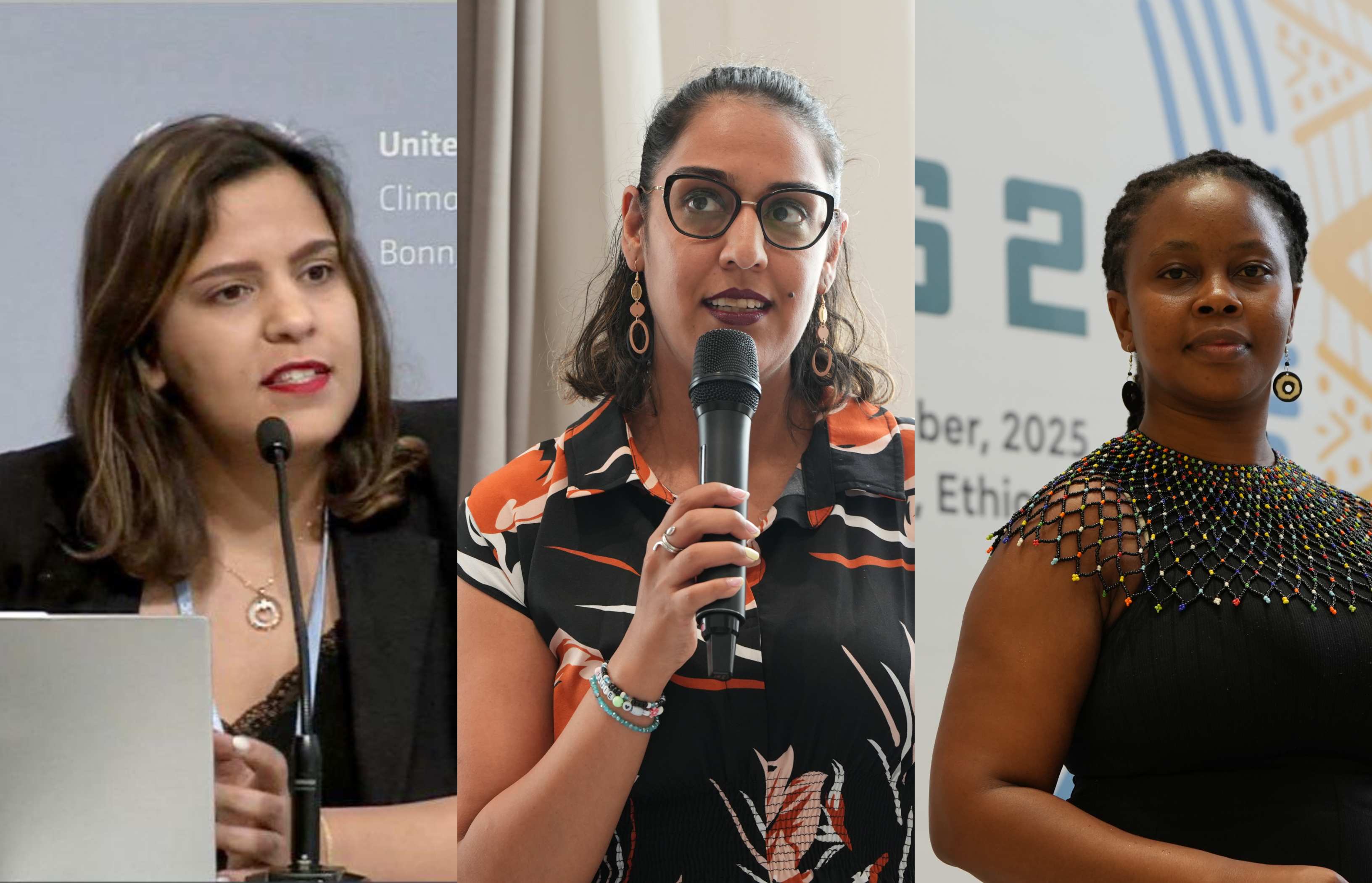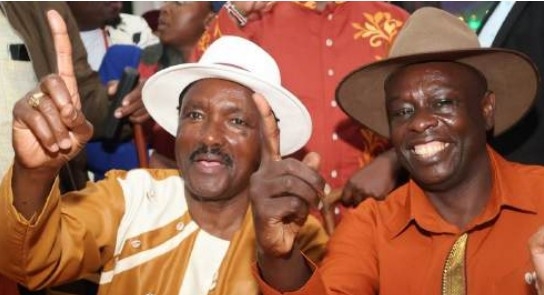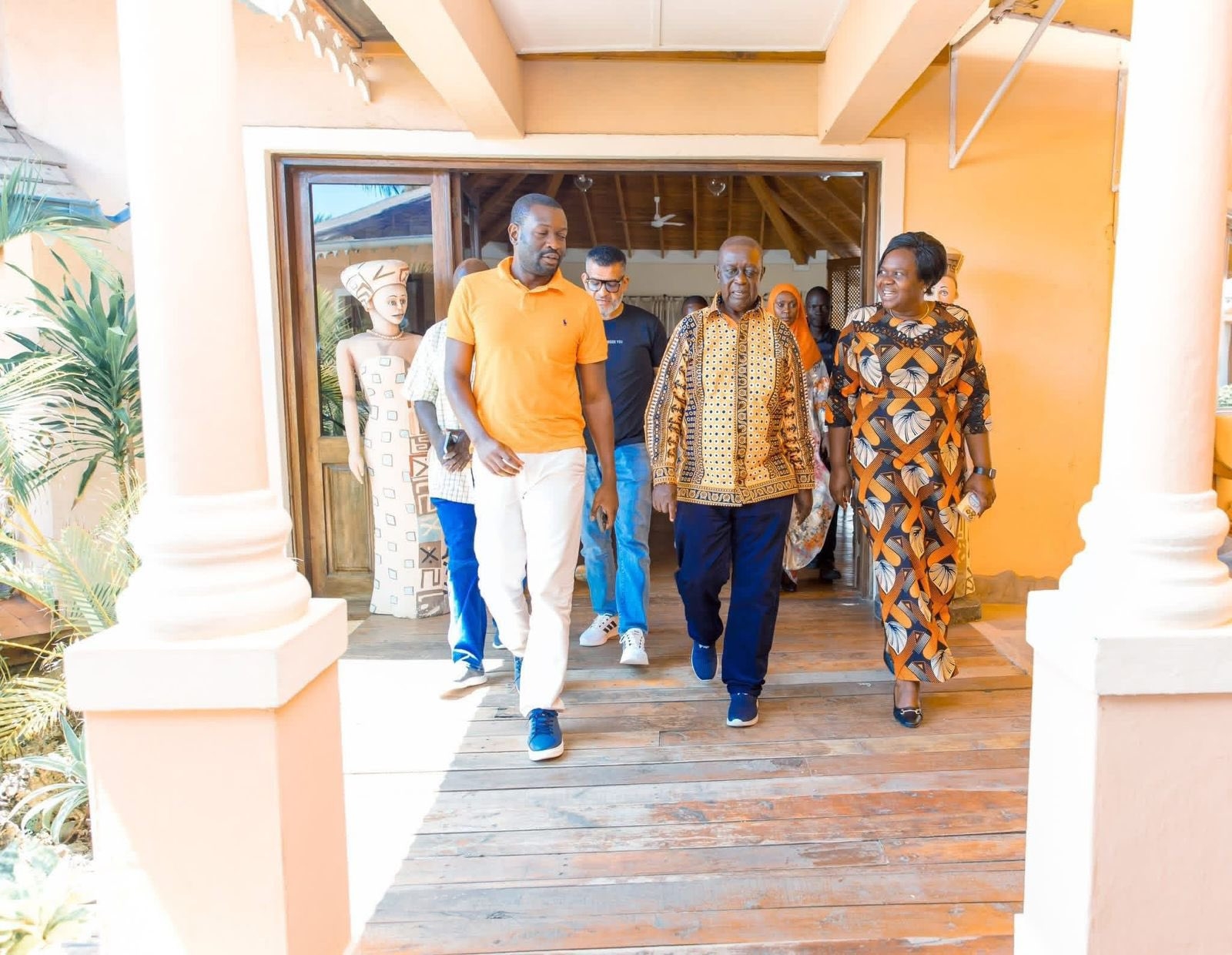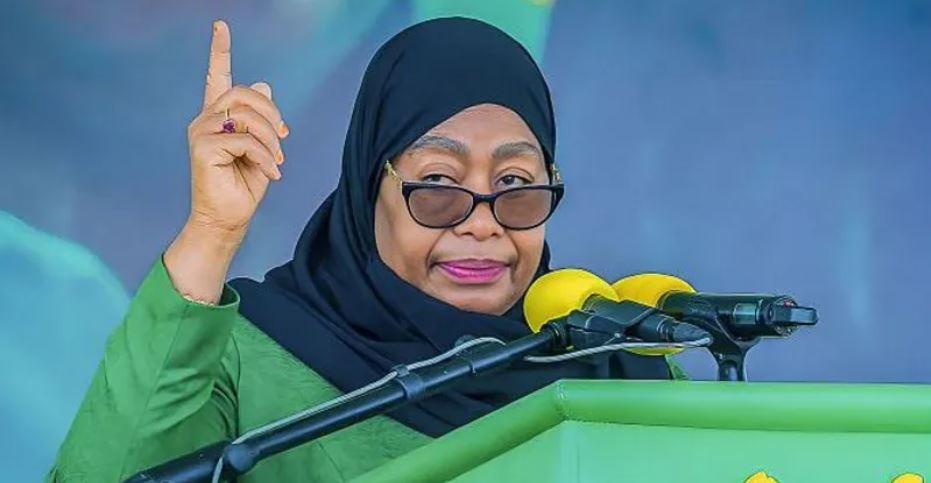
 Dr Wafa Misrar, Campaigns and Policy Lead at Climate Action Network Africa; Rajneesh Bhuee, Global Campaigner at Recourse; and Karabo Mokgonyana, a Senior Campaigns Associate at Power Shift Africa. /HANDOUT
Dr Wafa Misrar, Campaigns and Policy Lead at Climate Action Network Africa; Rajneesh Bhuee, Global Campaigner at Recourse; and Karabo Mokgonyana, a Senior Campaigns Associate at Power Shift Africa. /HANDOUTThe year 2025 has placed Africa’s energy transition at the center of global debate. From Washington DC to Abidjan, Addis Ababa and New York, world leaders have repeatedly invoked the continent’s potential as both the frontline of the climate crisis and the engine room of the global transition.
Yet, as the journey from the World Bank Group (WBG) and International Monetary Fund (IMF) Annual Meetings to COP30 continues, the same fundamental question looms: will Africa’s energy future be built on justice and equity, or will it repeat the extractive patterns of the past?
The African Development Bank (AfDB) Annual Meetings in Abidjan in May this year set the tone. Then AfDB President Dr. Akinwumi Adesina highlighted a decade of unprecedented mobilization, $102 billion in financing secured, nearly matching the Bank’s first half-century.
Commitments to mobilize $4 billion annually for clean cooking and $10 billion for climate-resilient infrastructure underscored a stronger focus on adaptation and access. Yet these figures pale against Africa’s daily reality: 600 million people without electricity and nearly one billion still relying on polluting fuels to cook. It’s an astonishing paradox for a continent that holds 60% of the world’s solar potential, but accounts for just 1% of installed capacity.
As African civil society groups have emphasized over the years, this imbalance is not merely technical but political, rooted in a global financial system that privileges fossil fuel expansion over genuine energy access for the poor.
It was in this context that the AfDB and the World Bank
launched Mission 300, an ambitious plan to
connect 300 million Africans to electricity by 2030. Twenty nine African
governments have since endorsed national energy compacts, blueprints for
reform, investment, and private sector engagement.
But bold targets alone are insufficient. Without people-centered policies, community participation, and safeguards against debt-driven finance, Mission 300 risks becoming another top-down project that builds infrastructure but fails to deliver justice.
As civil society has argued, energy must be a tool for empowerment, not another channel of dependency. True transformation will depend on shifting power to local communities, ensuring that women, youth, and marginalized groups are co-designers, not passive recipients, of Africa’s energy transition and future.
The Africa Climate Summit 2 (ACS2) in Addis Ababa lent momentum to this ambition. Leaders declared resilient infrastructure the backbone of Africa’s green industrialization, with the Africa Adaptation Acceleration Program (AAAP) 2.0 aiming to mobilize $50 billion by 2030. Mission 300 reappeared as part of a drive to deliver 300 GW of renewable capacity, supported by Germany and Team Europe. But optimism was tempered by frustration.
Africa, with its vast potential, still attracts less than 3% of global renewable energy investment. Leaders demanded that this share rises to at least 20% by 2030, financed not through commercial debt, but through grants and concessional flows that reflect climate justice.
They also called for a fundamental reform of global credit rating systems and risk perception frameworks that unfairly penalize African countries, inflating borrowing costs and perpetuating energy poverty.
Global financial flows tell the story. Between 2022 and 2024, multilateral development banks (MDBs) still financed fossil fuels to the tune of $3.2 billion annually.
The WB alone averaged $1.2 billion per year in fossil fuel support, with “at least 68%” of that going to gas. Clean energy finance was higher, at $31 billion per year, but 91% came as loans. Sub-Saharan Africa, the region with the greatest need, received only 11% of that finance. Worse, clean projects in Africa face interest rates of 9–14%, compared to 3–6% in the Global North.
These financial inequities ensure that the energy transition risks being as unequal as the fossil era. The so-called “green finance revolution” has thus far entrenched old hierarchies, leaving Africa to pay more for the clean energy the world claims it wants the continent to embrace.
At the United Nations General Assembly (UNGA 80) in New York, there were attempts to shift the narrative. Twenty leaders signed a joint letter calling for “all hands on deck” for the transition, while the Global Renewables Summit focused on grid infrastructure and storage—the next frontier of the energy revolution. The Global Grid Catalyst was launched with an aim to mobilize $200 million annually to modernize grids, unlocking trillions in value by 2050.
Yet African voices reminded the world of a deeper hypocrisy. President William Ruto of Kenya noted that fossil reserves are treated as assets, while renewable potential remains undervalued and underutilized. His intervention captured a growing frustration: Africa is recognized for what it can extract, but not for what it can contribute.
The 2025 WB Annual Meetings in Washington, D.C. were expected to confront these contradictions head-on, but instead exposed them further. While the Bank announced a new “Climate Investment Accelerator” to unlock $15 billion annually for clean infrastructure, only 12% of that funding was earmarked for Sub-Saharan Africa. Nineteen of the twenty-five Executive Directors reportedly insisted that the Bank’s climate finance goals remain capped at 45%, while maintaining gas as a transition fuel.
At the same time, the Bank is opening up to nuclear energy, another false solution, although the Mission 300 initiative aims to channel around 50% of its investments toward decentralized renewable energy (DRE) and other renewable energy solutions. Civil society groups continue to denounce the Bank’s refusal to adopt a fossil fuel phaseout timeline and its growing reliance on blended finance models that shift risk onto developing countries. Despite calls for reform, the outcomes reaffirmed a status quo in which Africa’s development is financed through debt, not solidarity.
Taken together, these milestones form a crossroads. Africa’s minerals, land, and resources are being positioned as the backbone of the global transition, yet its people remain locked out of the wealth they generate. The Democratic Republic of Congo holds 70% of the world’s cobalt but captures just 14% of its value. South America holds half of global lithium reserves but earns just 10%. Countries like Indonesia that attempt to process minerals domestically face WTO lawsuits. The extractive logic has not changed; only the commodities have. Without structural reform, the so-called “green transition” risks becoming a new scramble for Africa, this time painted green but driven by the same imperial economics.
If 2025 is to be a turning point, a different path must be chosen. MDBs must stop financing fossil fuels and abandon debt-heavy models. Wealthy countries must honor their $107 trillion climate debt and commit to real transfers of finance, technology, and capacity. African governments must ensure that Mission 300 and other compacts are not driven by creditors, but by citizens’ needs. And civil society must continue to demand a just, people-centered transition where participation is not optional, but foundational. The continent’s power lies not in its resources, but in its people, and any transition that forgets this is doomed to fail.
The richest 10% of people already consume half of global energy, while the poorest 50% survive on just 8%. Sixty percent of Indigenous lands are under threat from industrial expansion linked to the transition. To replicate these inequalities in a green transition would be nothing short of catastrophic.
The way forward must be reimagined, not as a race in which a few countries “win,” but as a shared project where all societies gain. Reliable, affordable, clean and safe energy must be the bedrock of jobs, dignity, and development. The road from the Spring Meetings to AfDB Annuals, from ACS2 to UNGA, and from the World Bank Annuals to COP30 in Belém, must not be a journey of recycled promises. It must be the moment we choose to build an energy future that finally delivers for Africa and, in doing so, reshapes the world.
Dr Wafa Misrar is the
Campaigns and Policy Lead at Climate Action Network Africa
Karabo Mokgonyana is a Senior Campaigns Associate at Power Shift Africa
Rajneesh Bhuee is a Global Campaigner at Recourse













